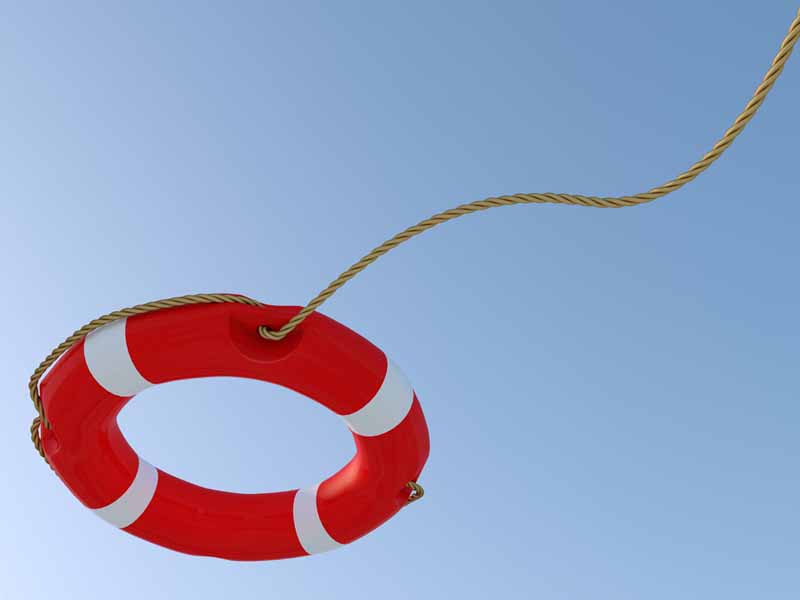AAFP Joins Call for Relief to Non-Medicare Physicians
Letter Points Out Harms if Emphasis Remains on Medicare Fee-for-service
April 30, 2020 01:49 pm News Staff – It's past time to throw a lifeline to non-Medicare physicians working on the front line of the COVID-19 pandemic, three physician organizations told HHS Secretary Alex Azar this week.

The situation is dire for such physicians, said the AAFP, the American Academy of Pediatrics and the American College of Obstetricians and Gynecologists in an April 28 letter. And immediate financial aid is imperative to prevent the widespread closure of practices and a resulting threat to public health.
Congress in March began funneling billions of dollars into the health care system, yet the first relief packages concentrated assistance on practices with substantial Medicare fee-for-service patient panels. The Coronavirus Aid, Relief and Economic Security Act was supposed to be different, but it, too, has allowed the gaps that COVID-19 exposed in the public health safety net to continue widening.
"After the administration indicated that Medicaid providers would be prioritized in a second wave of funding, we were troubled by the recent announcement from HHS that the next allotment of the Provider Relief Fund is again being distributed to physicians and other providers who have billed Medicare," the Academy and its co-signatories wrote.
"Many of our members who treat few to no Medicare-enrolled patients were either excluded from the first $30 billion in relief funds or received very few funds compared to other specialties, since funds were distributed solely based on Medicare fee-for-service claims. Those same physicians who did not file Medicare fee-for-service claims in 2019 are not eligible for the additional $20 billion from the general allocation announced on April 23 and instead must wait for a future allocation of funding."
Increasing the pressure on the groups' members: CMS' sudden halt of its Medicare Advance Payment Program for Part B providers. That move, the letter pointed out, "further limits physicians' access to capital and may increase demand and competition for other relief funds."
"Those of our members who do receive a very small proportion of their revenue from Medicare, and therefore are eligible for additional funds from the general allocation, should be prioritized when HHS distributes the remaining $20 billion in relief."
While they wait, the letter cautioned, the practices already struggling against the pandemic's pressing financial challenges could ultimate buckle -- limiting access to care for Americans nationwide during the emergency and beyond.
Among the potentially lasting consequences of reduced primary care that are already coming into view is a substantial decrease in vaccinations, including 50% fewer measles, mumps and rubella shots; a 42% drop in diphtheria and whooping cough shots; and a 73% decline in HPV vaccines. The letter also posited likely spikes in the health conditions that underlie the nation's maternal mortality crisis.
Patients potentially infected with SARS-CoV-2 who rely on primary care physicians to diagnose respiratory infections and pneumonia could also go unscreened and untreated.
To correct this dangerous course, the letter advised, HHS should work with the Academy and its co-signatories to quickly deliver financial relief to all of the organizations' members. The letter called on Azar to meet with physician groups as soon as possible to discuss plans to do so.